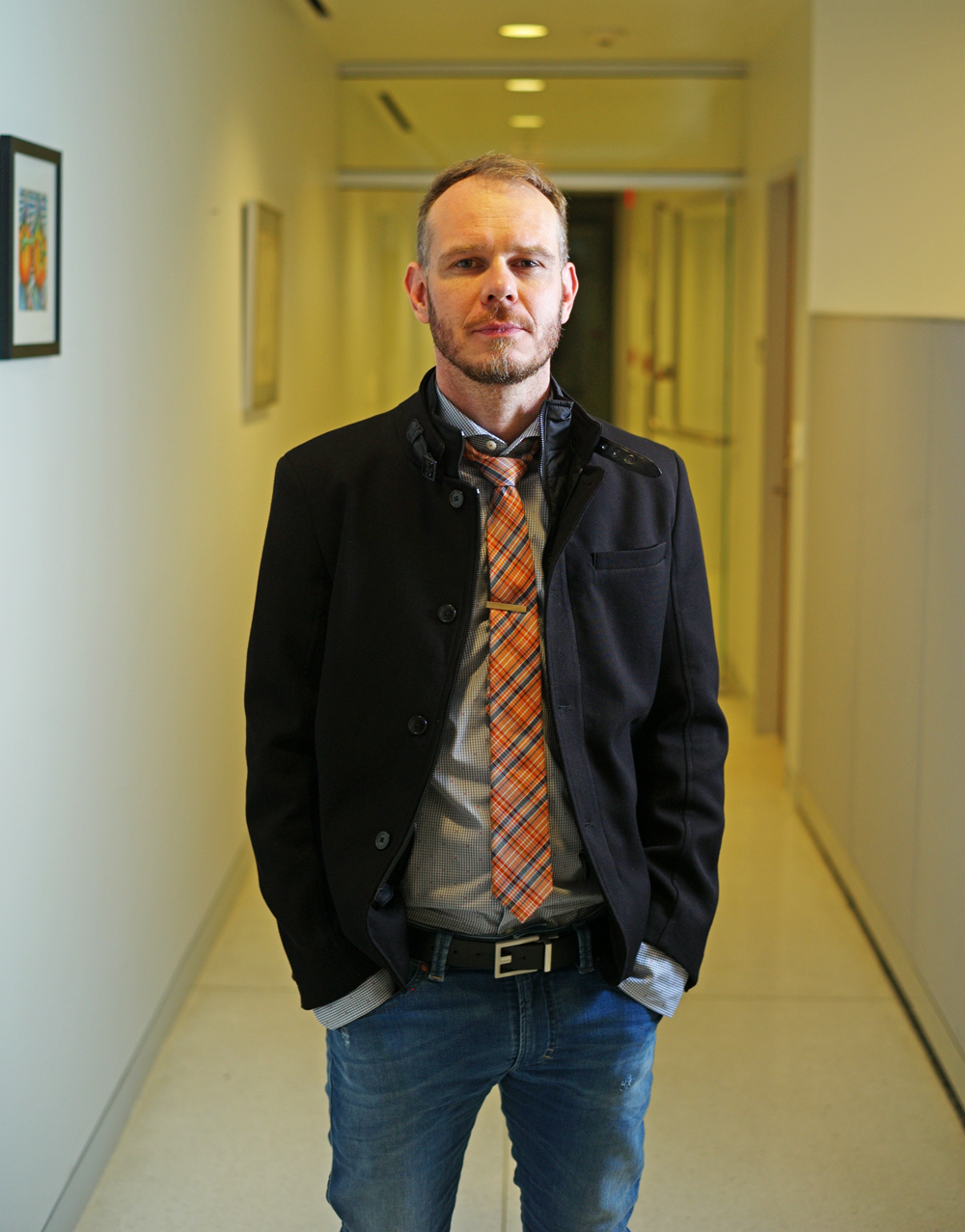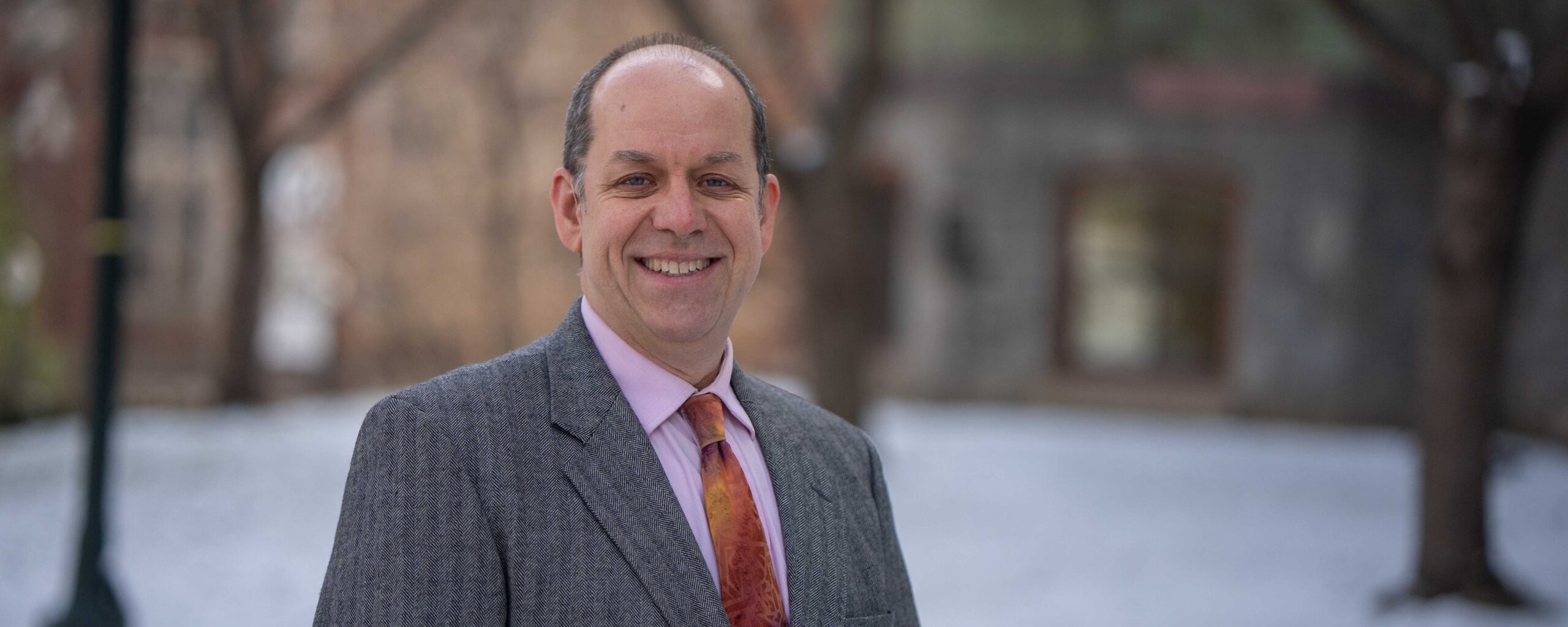Annenberg Public Policy Center visiting scholar Dietram A. Scheufele, Ph.D., will deliver the opening keynote address at the North American Congress for Conservation Biology on July 18, 2016, in Madison, Wis.

The talk, “Communicating science at the nexus of policy and action,” will focus on effective communication of emerging science and technology, which often fuels divisive public debate. Genetically modified organisms, stem cell research, and fracking are a few examples of technologies that have generated intense debate. Scheufele will discuss the how the use of digital technologies and social media can make more information available to a larger audience, but can also allow audiences to limit what they see to information that fits with their ideology and preexisting beliefs. He also will talk about solutions, and how to more effectively communication in polarized environments.
Scheufele is the John E. Ross Professor in Science Communication and Vilas Distinguished Achievement Professor at the University of Wisconsin-Madison and in the Morgridge Institute for Research. His research deals with the science of science communication and the public and political interfaces of emerging science. He currently vice-chairs the National Academies of Sciences, Engineering, and Medicine’s committee on the science of science communication, and also serves on its committee on human gene editing.
This marks the third biannual Congress of the North America Section of the Society for Conservation Biology. The theme is “Communicating Science for Conservation Action.”
The Society for Conservation Biology is “an international professional organization dedicated to promoting the scientific study of the phenomena that affect the maintenance, loss, and restoration of biological diversity.” Members include educators, conservation workers from both the public and private sectors, students, and resource managers.


